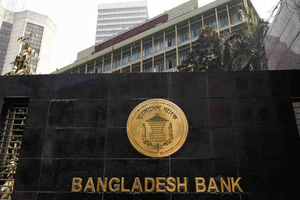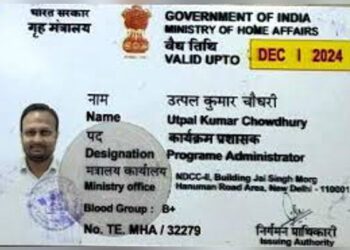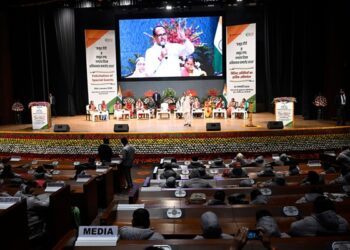New Delhi, Sep 23: Bangladesh is grappling with one of its worst financial crises, with the banking sector, non-bank financial institutions (NBFIs), and stock market all showing alarming signs of distress, according to a report in the Dhaka Tribune.
The Asian Development Bank (ADB) recently described Bangladesh as having the “weakest banking system” in Asia, noting that the country now has the highest volume of defaulted loans in the region. Bangladesh Bank estimates show defaults in commercial banks stood at Tk6 lakh crore by June, with an additional Tk3.18 lakh crore in hidden defaults awaiting disclosure. In 2024, 20.2% of total loans defaulted—28% higher than last year.
Amid the crisis, the government has controversially proposed removing the definition of “wilful defaulter” from the new Banking Company Act, arguing the term is difficult to apply. Critics warn this will only weaken accountability.
In a drastic step, Bangladesh Bank has decided to merge five troubled Islamic banks—First Security, Social Islami, Global Islami, Union, and Exim—into a new state-owned entity, tentatively called United Islami Bank, with a government capital injection of Tk20,000 crore. These banks currently have default rates between 48% and 98%.
The situation in state-owned banks is equally grim. The top 20 defaulters owed Tk31,908 crore in the first half of 2025, but only Tk219 crore was recovered. NBFIs are near collapse, with defaults at Tk21,462 crore across 20 firms—83% of their portfolios. Nine face liquidation.
The crisis has also shaken investor confidence. The stock market has contracted 38% over 16 years, with nearly 100 listed companies now trading below face value.
Experts warn that unless political interference is curbed and judicial enforcement strengthened, the financial sector risks a systemic collapse.


















